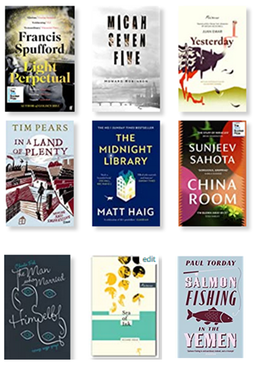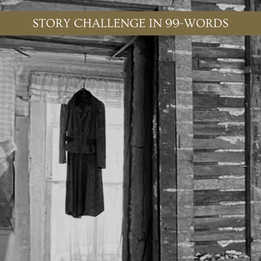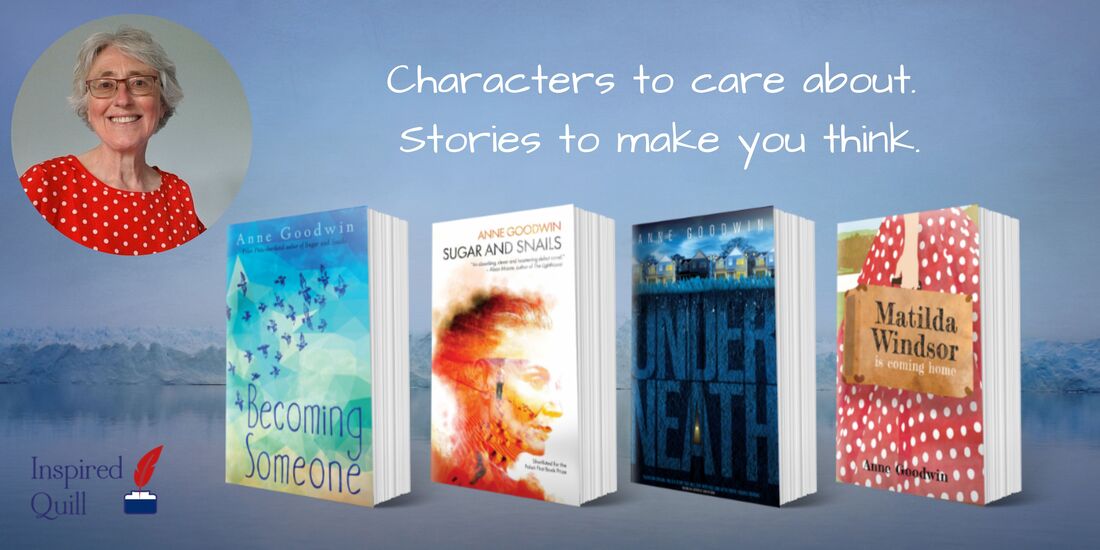|
It's not often I showcase a bunch of exclusively male authors, although there's no reason why not. This includes two translations, a short story collection and a crime novel in addition to my usual literary novels. Of the latter, two prioritise illustrating 20th-century sociopolitical changes in England over story. The other three take us to Punjab, Yemen and and fantasy library midway between life and death. Read on to see what I thought of them.
|
 Yesterday by Juan Emar
Yesterday by Juan EmarMy rating: 3 of 5 stars
A man strolls around his Chilean hometown accompanied by his wife, observing the absurdity of life in minute detail. Generally wary of the avant-garde, I was surprised how much I enjoyed the first episode, despite its grisly focus on an execution, but it went downhill from there with simply too much introspection. First published in 1935, translated from the Spanish by Megan McDowell
 The Man Who Married Himself and Other Stories by Charlie Fish
The Man Who Married Himself and Other Stories by Charlie FishMy rating: 4 of 5 stars
I was delighted to join the Kickstarter campaign for this collection by an author who has done so much to support short story writers (including me). Having read two of the stories previously, I knew I’d enjoy these powerful, playful and thought-provoking tales (even though I don’t share Charlie’s passion for boardgames). I especially admired “The Cut”, a clever gender-flipping squirm-inducing protest piece against FGM and appreciated the space-travel sci-fi story “Remission” so much more on a second reading (and from a different place), it being written as “a metaphor for the less obvious side-effects of dealing with a serious illness” which really resonated for me.
 The Midnight Library by Matt Haig
The Midnight Library by Matt HaigMy rating: 4 of 5 stars
Nora's life has got so bad she wants to end it. Instead, she pitches up in a space between life and death overseen by an older version of her beloved school librarian. Full of regrets for the road not travelled, Nora has the opportunity to revisit earlier stages of her life and sample the consequences of choosing differently.
At first, I found both style and story incredibly twee but, little by little, I began to admire the author's skill in demonstrating the variety of parallel lives. I loved how the librarian functions as a therapist, supporting Nora's journey of self-discovery from a position of neutrality. Although wary of inspirational literature, I felt uplifted by the overall message (as I see it) that regret is pointless and self-defeating: as every choice entails loss as well as gains, life is inherently imperfect and we must make the best of whatever decisions we take.
Note: I might have posted a longer review if (due to illness) I hadn’t left it over a month before trying to write it.
 In a Land of Plenty by Tim Pears
In a Land of Plenty by Tim PearsMy rating: 3 of 5 stars
A sprawling family saga that charts the changes in a Midlands town across the second half of the twentieth century. A long book, fairly enjoyable after I adjusted to the wide cast of characters, but wasn't sure what the author was trying to achieve (unless he was hoping to write another Middlemarch).
 Micah Seven Five by Howard Robinson
Micah Seven Five by Howard RobinsonMy rating: 4 of 5 stars
A body dumped outside a London charity shop leads the detective and his colleagues through politics, religion and financial crisis. Meanwhile, he has his own skeletons in the cupboard concerning his wife and son. I don't read much crime fiction but enjoyed this.
 China Room by Sunjeev Sahota
China Room by Sunjeev SahotaMy rating: 4 of 5 stars
In Punjab in 1929, a woman arranges brides for her three sons. In the gender-segregated society, the girls are only ever alone with their husbands in the dark. Mehar thinks she knows which brother is hers and forges a closer relationship that puts both of them at risk.
In a parallel narrative set seventy years later, an English teenager who has lost his way spends the summer alone in the abandoned farmstead of his Indian relatives to discover more than he bargained for about his roots.
A lovely story of identity and belonging, and growing up marginalised through misogyny in the case of the historical strand and through racism in the contemporary.
Note: I might have posted a longer review if (due to illness) I hadn’t left it over a month before trying to write it.
 Light Perpetual by Francis Spufford
Light Perpetual by Francis SpuffordMy rating: 2 of 5 stars
We check in with five loosely connected South London characters at fifteen year intervals from the age of ten in 1949. We follow the ups and downs of their lives against the backdrop of 20th-century social change. The fine descriptions and themes of mental health, music and racism don't compensate for a pretentious premise and absence of story, making it hard to care.
 Salmon Fishing In The Yemen by Paul Torday
Salmon Fishing In The Yemen by Paul TordayMy rating: 3 of 5 stars
An impossible project brings new meaning to the life of a stuffy scientist and bullied husband. A spin doctor cynically exploits a potential good-news story in the Middle East in the midst of the Iraq war. A billionaire believes fishing is the answer to his country's problems. Told through emails, letters, diaries and reports, I enjoyed the characters and the politics but would have preferred a more conventional structure.
 Sea of Ink by Richard Weihe
Sea of Ink by Richard WeiheMy rating: 2 of 5 stars
The life of former prince and celebrated Chinese painter Bada Shanren, it skims over an interesting period of history, with the collapse of the Ming dynasty in the 17th century to focus on how he might have created eleven of his pictures. Translated from the German by Jamie Bulloch.
View all my reviews
|
Inspired by Micah Seven Five, I wanted to try my hand at crime fiction in response to this week’s flash fiction challenge to compose a 99-word story about “the one who left the dress.” But my mind’s consumed by my novella prequel to Matilda Windsor Is Coming Home as I consult about the title and tweak the blurb. It’s not completely faithful to the prompt but I was reminded of how (before my time) people were stripped of their possessions on admission to the asylum and, in some cases, never got them back.
|
“You’ve got the figure for it,” said Janice.
Heather fingered the fabric. “It’s rather faded, but I do love vintage clothes. Especially polka dots.”
“I wonder who wore it. How it ended up here.”
Heather glanced at her watch. “Let’s sort this out later. It’s nearly time for the group.”
Heather locked the door on the abandoned suitcases. The women hurried to the ward. The patients assembled in the group room, bribed by the promise of biscuits and tea.
“Remember we’re going an outing next week?” Heather prompted.
“Tea with the mayor,” said Matty. “I’ll wear my polka-dot dress.”
























 RSS Feed
RSS Feed





















